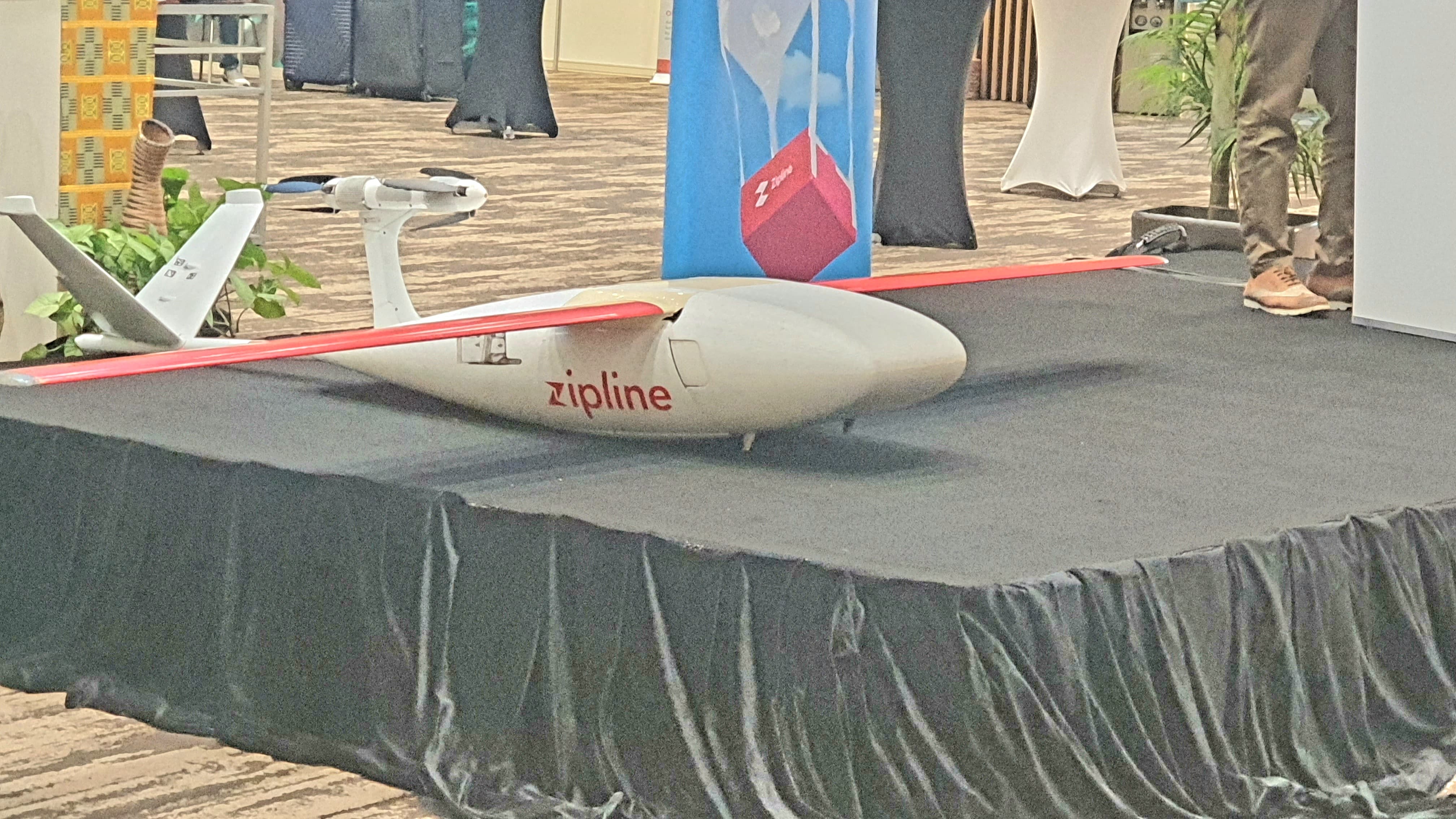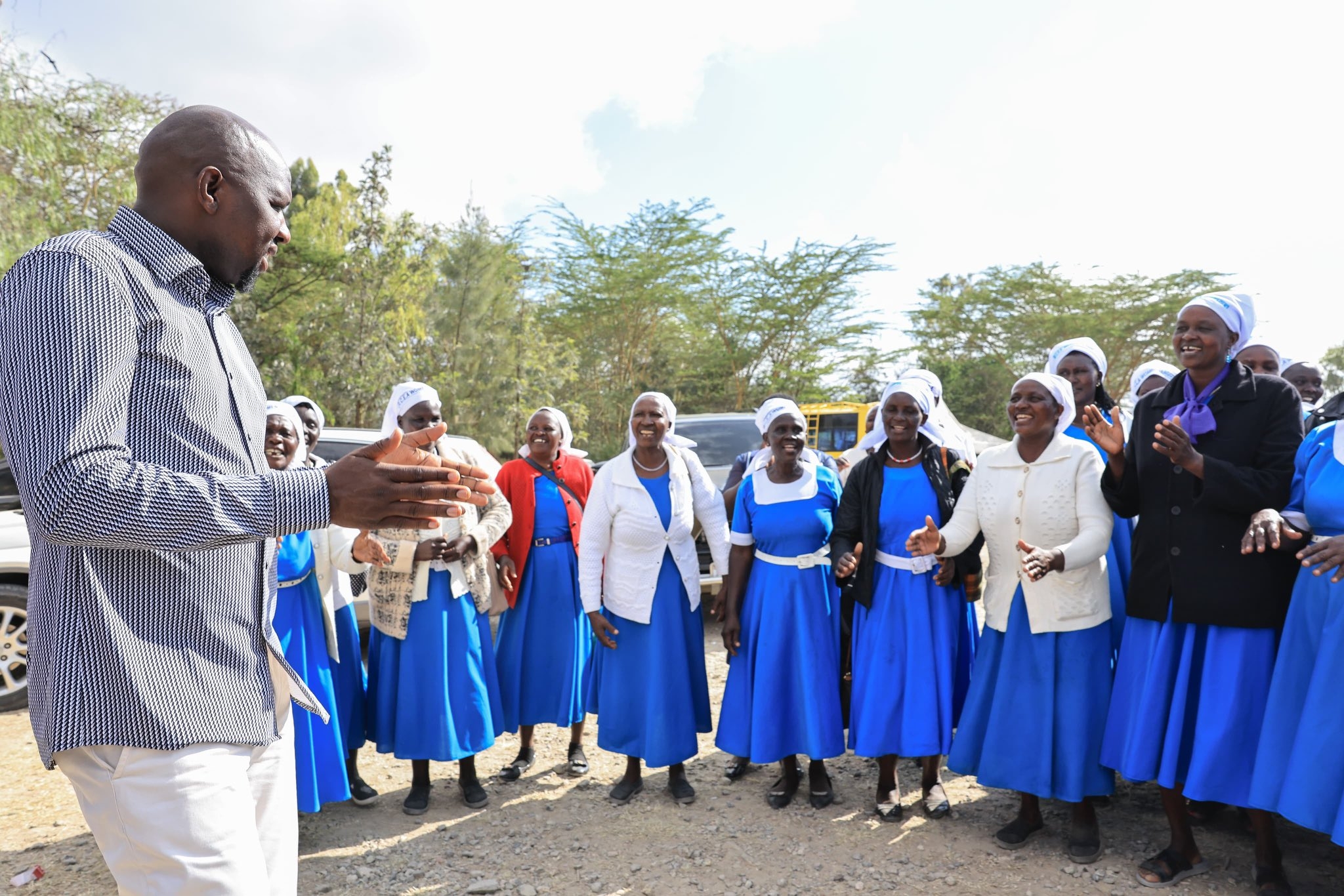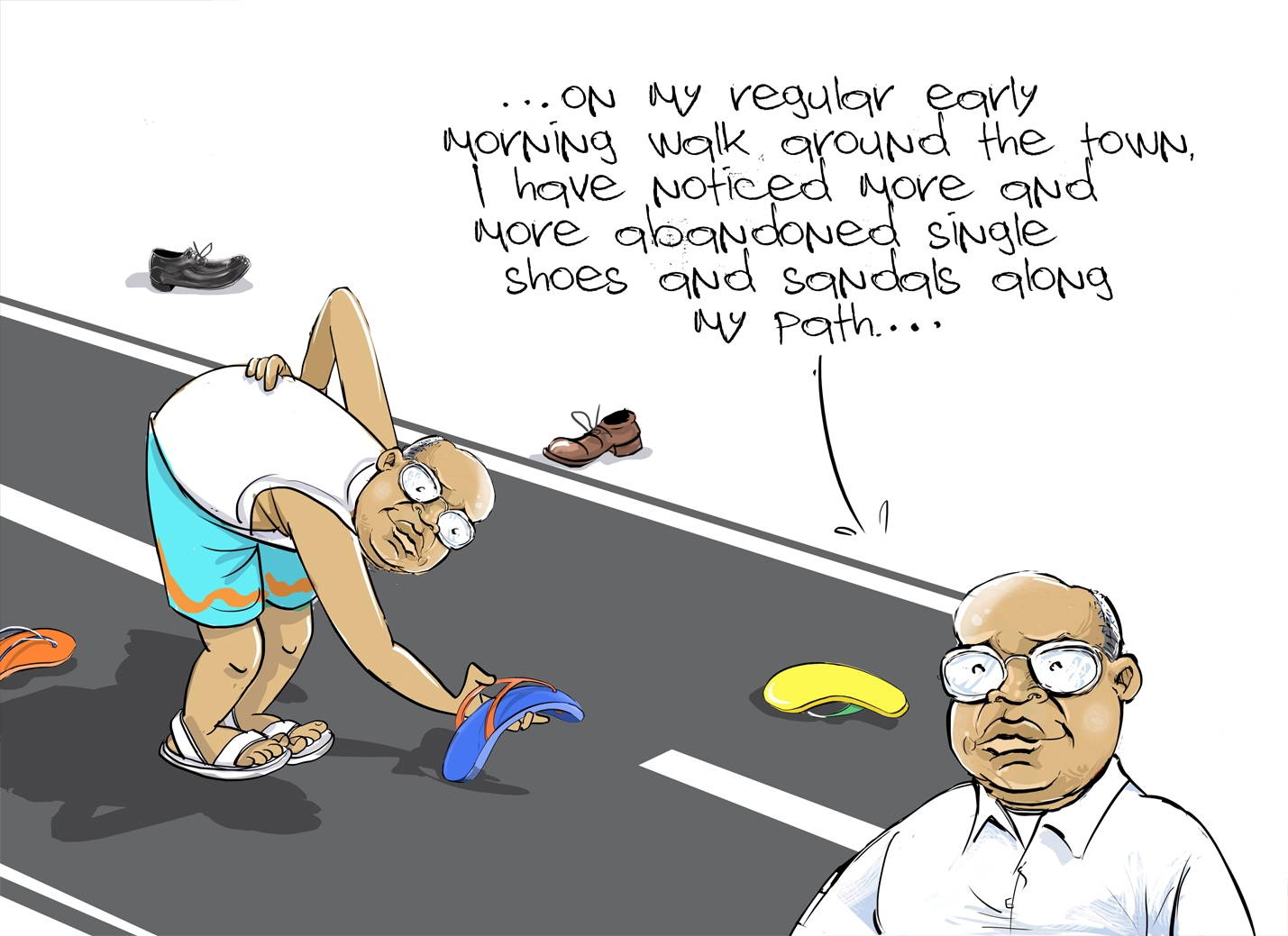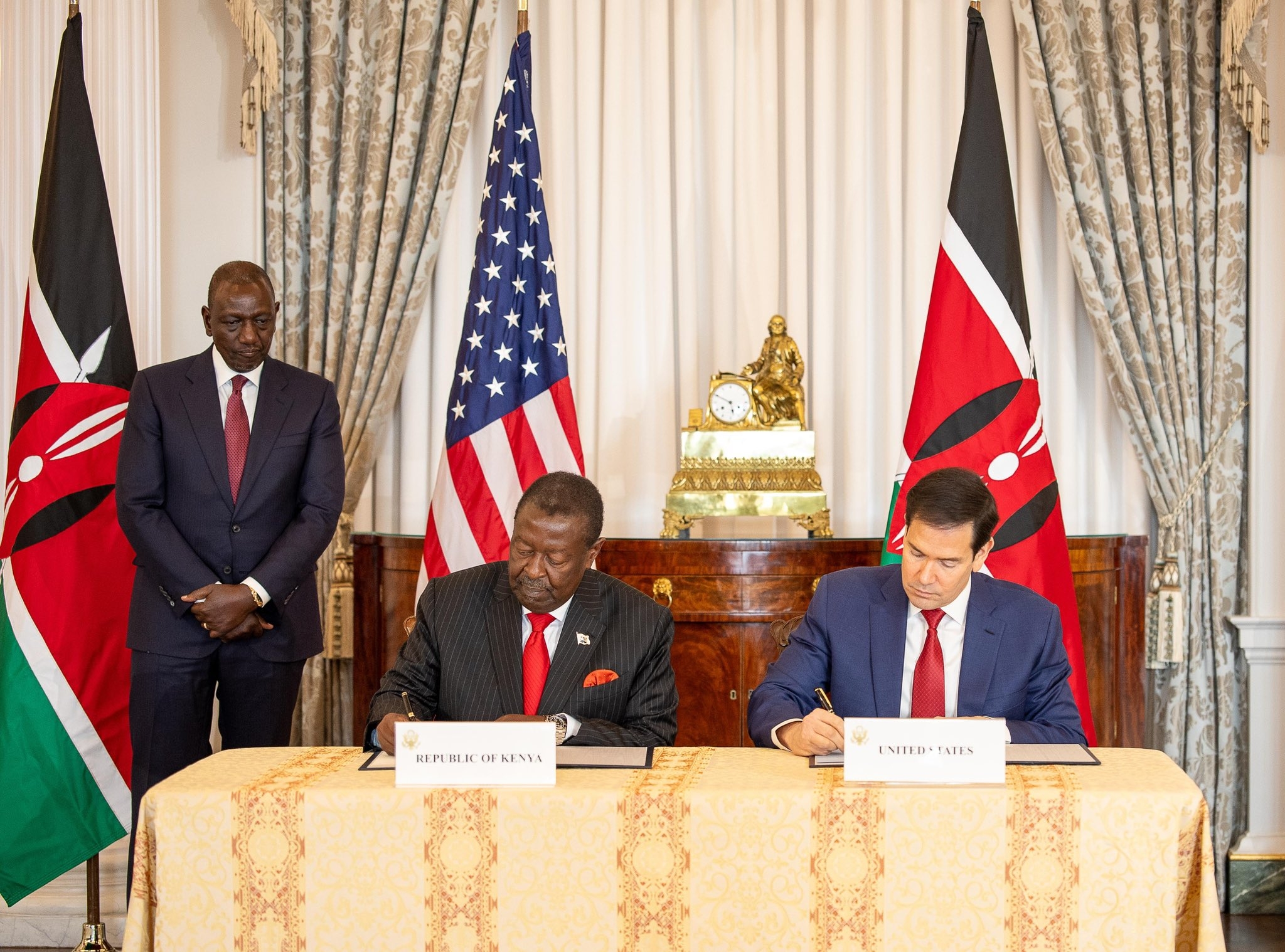
Rwanda is using drones to transport pig semen to veterinarians, cutting transportation cost and travel time.
The drone can effectively deliver semen in 50 minutes in areas where a vehicle used to take seven hours.
It can do a 210-kilometre round trip in less than two hours.
“Initially, it took us eight hours to get our semen to the vets. Today, a farmer can access quality semen within minutes,” Zipline parcels manager Prosper Uruvugundi said.
They work with vets trained by the Rwanda Agriculture Board.
“The vets reach out to us and we send the semen to them,” Uruvugundi said.
One drone can carry 3.3 kilogrammes and up to over 40 doses, enough to serve 40 pigs.
Uruvugundi said when they started, it took time for farmers to adopt the new technology.
“Today, we deliver more than 100 doses daily and one pig delivers between eight and 16 piglets,” he said.
Once the drone has been dispatched, a short text message is sent to the recipient. As the drone draws near the destination, another message is sent.
Uruvugundi showcased the technology at the Kigali Convention Centre, Rwanda, during the second edition of the African Conference on Agriculture Technologies. More than 800 delegates attended.
The conference was hosted by the African Agricultural Technology Foundation (AATF) in partnership with the Rwandan government.
It brought together leaders, innovators, policymakers, researchers, farmers and industry experts to explore cutting-edge technologies, share best practices and foster collaboration for sustainable agricultural transformation.
Uruvugundi said the new technology has been a game changer in the way semen is transported.
Zipline is a robotics company based in San Francisco, California.
The company works with governments to make rapid last mile deliveries of medical products at low cost.
Its mission is to build an automated supply chain for the world, allowing medicine and other products to be delivered on demand.
Rwanda’s Ministry of Health, the Rwanda Agriculture Board, the National Child Development Agency and the Rwanda Biomedical Centre have partnered with Zipline to improve access to blood, animal health products, human vaccines, childhood nutrition products and medical supplies.
In 2022, Zipline and the government of Rwanda expanded their partnership and announced a collaboration between Zipline and the Rwanda Development Board.
Among those who were listening keenly as Uruvugundi explained how technology works were former Nigerian President Goodluck Jonathan, Rwanda Minister of Agriculture Mark Bagabe and AATF Board chairperson Aggrey Ambali.
Another innovation that was showcased is an electric tractor that uses batteries instead of diesel.
The MK1 e-tractor is a technology demonstrator for the electrification of off-road vehicles and a core component of the GenFarm pilot phase in Rwanda.
Its battery swapping system ensures high utilisation throughout the day and is the enabler of carbon dioxide-free mechanisation.
The project, which is a collaboration between Volkswagen Group Innovation, Volkswagen Group Africa, Mobility Solutions Rwanda and GIZ, seeks to address the sustainable development goal of the UN on socially and environmentally sustainable business solutions.
The battery has to be charged for three hours and can be used for between three and four hours.
Currently, power from the grid is being used to charge the batteries, but plans are underway to instal solar in a green hub to charge batteries.
Solar panels with a capacity of 100kW will be installed in the hub.
Bagabe said empowering farmers provides them with knowledge and resources to make informed decisions to improve production and income.
He said farmers, especially small-scale, are grappling with many challenges, such as climate change, technology gaps and outdated tools that hinder food security and nutrition.
AATF executive director Canisius Kanangire said when farmer-centred technologies are implemented in a supportive and enabling environment, they significantly increase productivity, improve livelihoods and drive economic empowerment.
Kanangire said when the inaugural ACAT was launched in Nairobi, the idea was to increase and amplify the voices of support for wider technology adoption that is now bearing fruit.
Daniel Kyalo from AATF said even though there is potential, smallholder farmers still have challenges as they sell the bulk of their produce as primary raw material, limiting their returns.
Kyalo said this can be changed by adopting solutions that drive rural transformation through rural-based Agro-processing
















